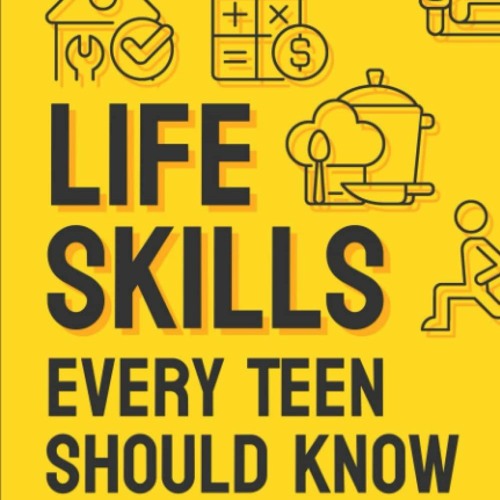Introduction:
Growing up, I always had a complicated relationship with one of my parents. Despite the hurt and bitterness that stemmed from their resentment, I’ve managed to learn several valuable lessons from this difficult experience. Here are five things I’ve learned from the parent who hates me:
1. Resilience:
Navigating the treacherous waters of a toxic parent-child relationship has taught me the crucial importance of resilience. As humans, it is our ability to bounce back from adversity that enables us to grow stronger and wiser during the journey called life.
2. Empathy:
Experiencing rejection from a person who is supposed to love you unconditionally makes you more understanding of others in similar situations. This has helped me develop empathy for people who might be struggling with their own personal battles, enabling me to provide support and encouragement wherever needed.
3. Set boundaries:
One major lesson I’ve learned from having a tumultuous relationship with my parent is the need to set boundaries. Establishing clear limits on what is acceptable and unacceptable behavior can work wonders in safeguarding your mental health, helping you maintain enough distance to avoid getting hurt.
4. Forgiveness:
Living with the hurt caused by a resentful parent can act as an emotional anchor and hamper personal growth. Learning how to forgive them for their actions doesn’t mean condoning their behavior; instead, it’s about releasing negativity and freeing yourself from lingering hatred.
5. Strive for self-improvement:
Instead of succumbing to bitterness, use your experiences as an opportunity for growth and self-improvement. By focusing on bettering yourself emotionally, mentally, and physically, you’ll not only rise above the toxic influence of your past but also ensure you don’t inherit those traits and repeat similar patterns in future relationships.
Conclusion:
Life doesn’t always deal us the perfect cards, and facing animosity from a parent is heartbreakingly crushing. Nevertheless, drawing strength from these lessons has made me who I am today. As you walk your own path, remember that overcoming hardships can foster growth, understanding, and wisdom.











